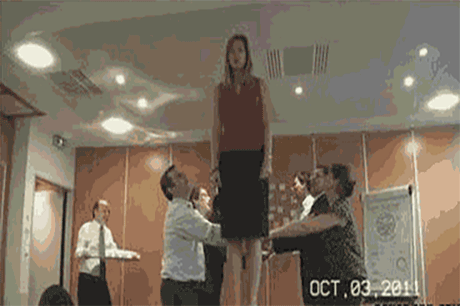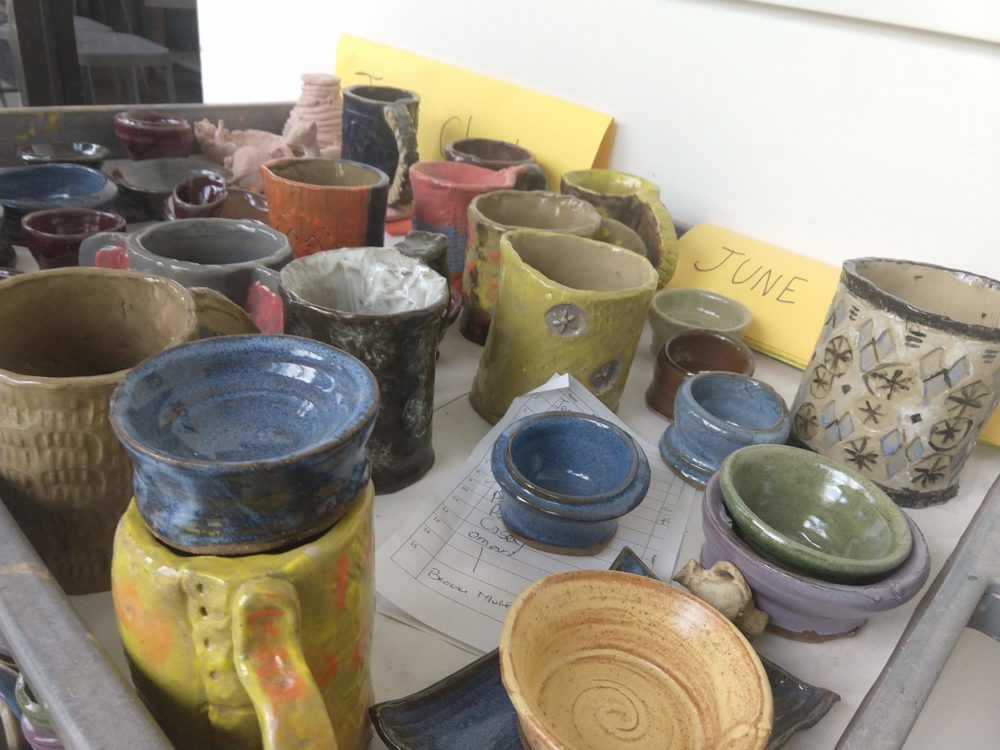If the phrase “team building” evokes images of giving up your Saturday for trust fall exercises, we don’t blame you if you cringe when you hear the word.

That’s not how it’s supposed to be. Team time should be a “restorative break,” and it should be on company time, says Nick Gianoulis, cofounder of The Fun Dept., a Wilmington-based consulting firm that specializes in making workplaces — including Capital One, Gore and WSFS — happier.
“We believe that fun should be something that is part of our everyday office culture, not just a once- or twice-a-year event,” said Gianoulis. The Fun Dept., brings the “retreat” to offices across the country, consulting with leadership and HR departments to create customized programs that include remote support throughout the year.
There are also customized-optional “break boxes,” which include everything needed for a 15- to 20-minute team-building game for four to 20 people.
The big thing right now, according to Gianoulis? Virtual Video Connect — team building designed for remote workers that includes interactive games that can be played together, even if the team is spread out all over the world.
“That’s probably our biggest question,” he said. “How do we keep remote employees engaged?”
https://twitter.com/TheFunDept/status/1105132800934588417?s=20
While the gamification of the remote worker experience might seem like a less-than-productive use of paid time, an engaged workforce is a sustainable one, Gianoulis says.
Still, sometimes you need to get out of the office, even just for a few hours.
Rebecca Howell, studio programs manager at the Delaware Art Museum, says her organization started offering team-building packages three years ago, by request. People were often interested in learning more about the museum during breaks, and that the led to the development of interactive programming for work groups.
“We offer different activities, depending on the group size and budget,” says Howell. “One that a lot of people like is the scavenger hunt,” where participants follow clues to search for information found in the collection. Another, more hands-on activity is “drawing in the round,” where a group sits in a circle, drawing on and passing papers until each one is a collaboration of the whole group.
For the most hands-on experience, groups can leave the galleries and get creative at the Museum Studio, where they can work together to create a collaborative clay sculpture or an abstract printing project, or have a “Clay Date” where everyone can sip wine and make their own clay pot. Sessions focus on creativity, of course, but also things like problem solving and productivity.
And for groups that rent meeting space at the museum, there are short mid-meeting sessions offered, sometimes outdoors on the museum’s picturesque grounds located a few minutes from the downtown business district.
As Gianoulis stressed, there’s no one-size-fits-all track to happy employees. And it’s not an either-or thing: Some companies use a combination of occasional outside events and more regular in-office or remote breaks for team building.
The one thing you don’t want to do is neglect company culture. For larger companies, employee engagement and a positive culture is vital for retention. And disengaged employees hurt the bottom line — if they’re not truly engaged during team building, you’re probably doing it wrong.
“With venture capital, they’re investing in culture,” Gianoulis said. “If a company doesn’t have a good culture, a VC isn’t going to invest in them.”







